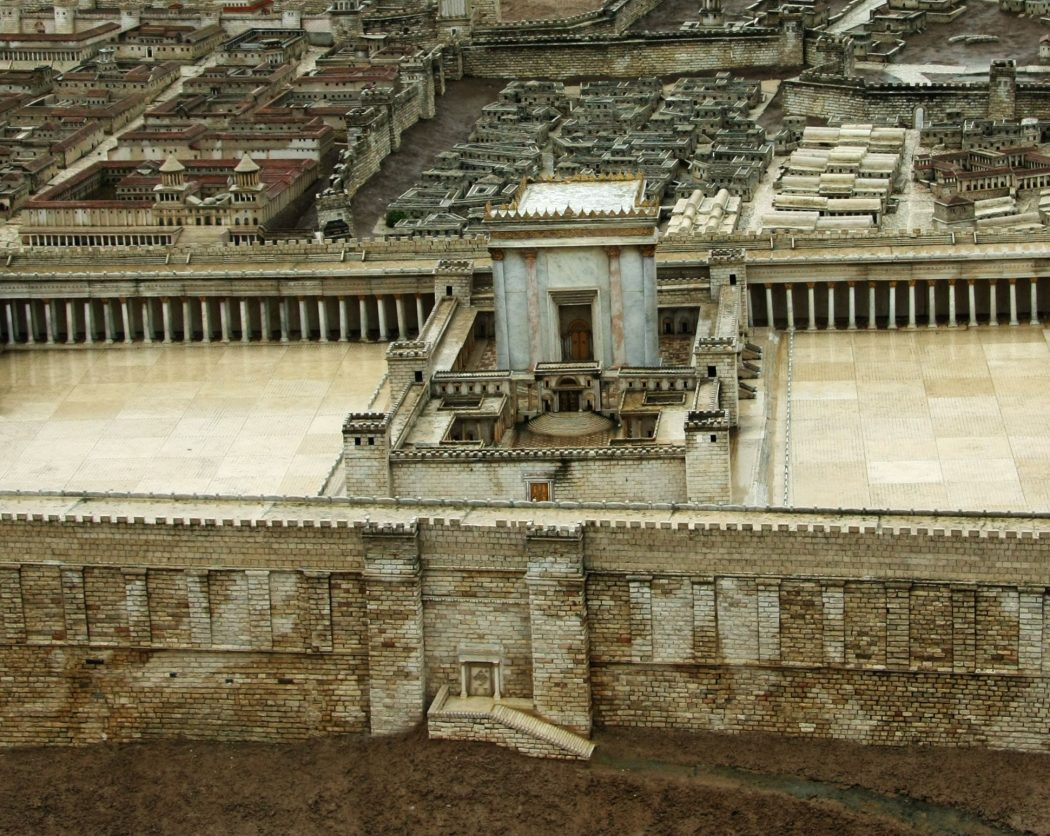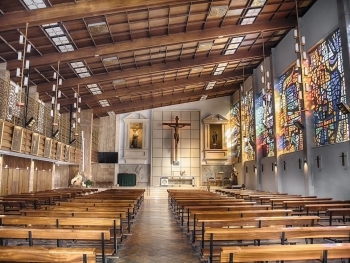Herod's Temple, also known as the Second Temple, played a significant role in ancient Jewish culture and society. The temple was more than just a place of worship; it was a symbol of Jewish identity, a center of learning and scholarship, and a hub of social and political activity. In this article, we will explore the role of Herod's Temple in ancient Jewish culture and society.
The temple was the center of Jewish worship and pilgrimage. It was a place where Jews could come to connect with their faith and to offer sacrifices to God. The temple was also the site of several important religious festivals, including Passover, Yom Kippur, and the Feast of Tabernacles. These festivals brought Jews from all over the world to Jerusalem, and the temple was an essential destination for these pilgrims.
The temple was also a center of learning and scholarship. It was home to the Sanhedrin, a council of Jewish scholars and leaders who were responsible for interpreting Jewish law and resolving disputes. The Sanhedrin also oversaw the administration of justice and had the power to impose the death penalty. The temple was also home to the great Jewish sages of the time, such as Hillel and Shammai, who taught and studied there.
The temple was a hub of social and political activity. It was the site of important historical events, such as the Maccabean revolt, which resulted in the cleansing of the temple and the establishment of the Hasmonean dynasty. The temple was also the site of the trial of Jesus, which had significant political implications for the Roman Empire and the Jewish people.
The temple was a symbol of Jewish identity and a reminder of Jewish history and tradition. It was a place where Jews could come to connect with their faith and to feel a sense of belonging to a larger community. The temple also served as a symbol of resistance against foreign domination, as it was destroyed and rebuilt several times throughout Jewish history.
Herod's Temple played a significant role in ancient Jewish culture and society. It was a place of worship, learning, and scholarship, a hub of social and political activity, and a symbol of Jewish identity and history. The destruction of the temple by the Romans in 70 CE was a significant event in Jewish history, and the temple remains an important symbol of Jewish identity and culture to this day.




